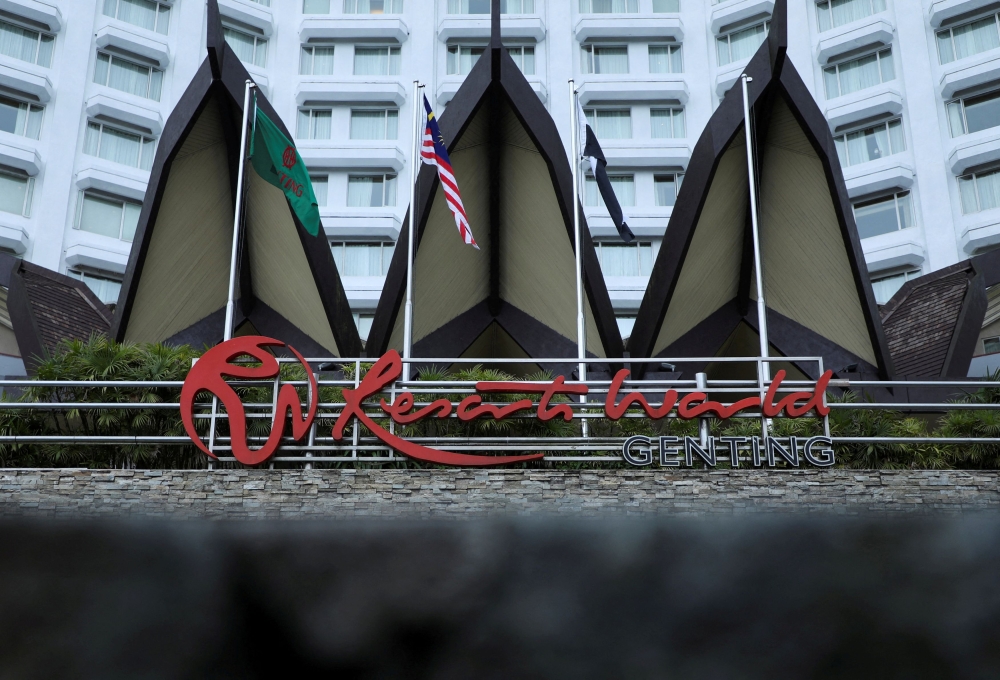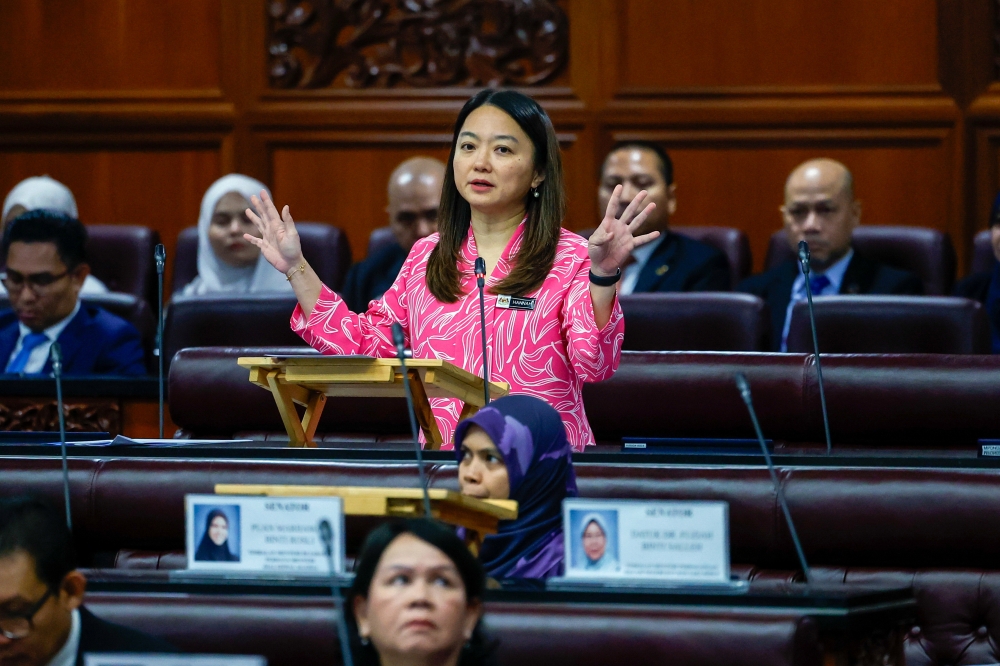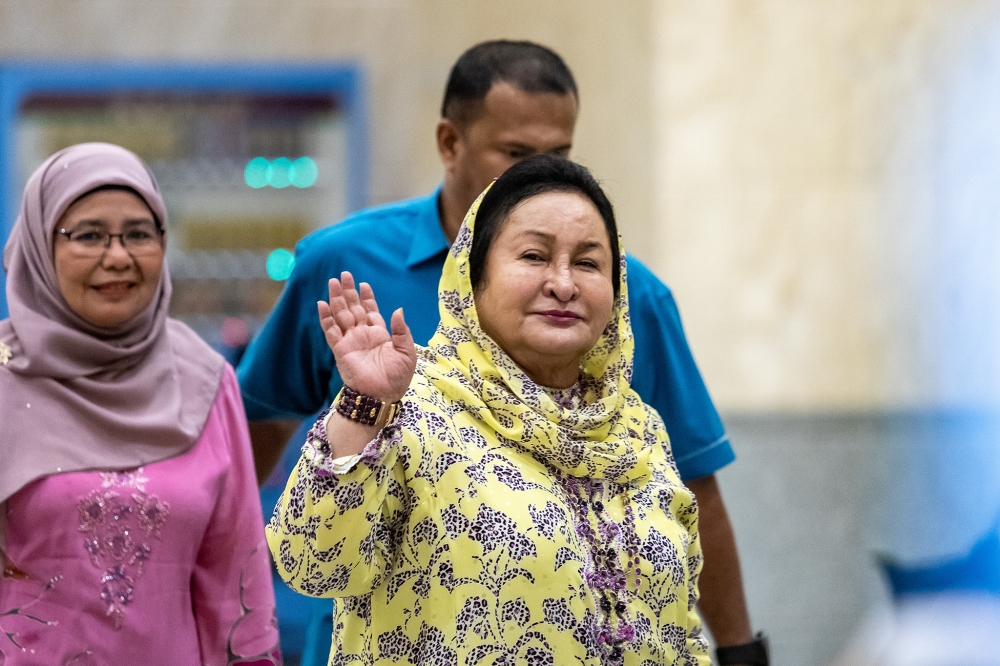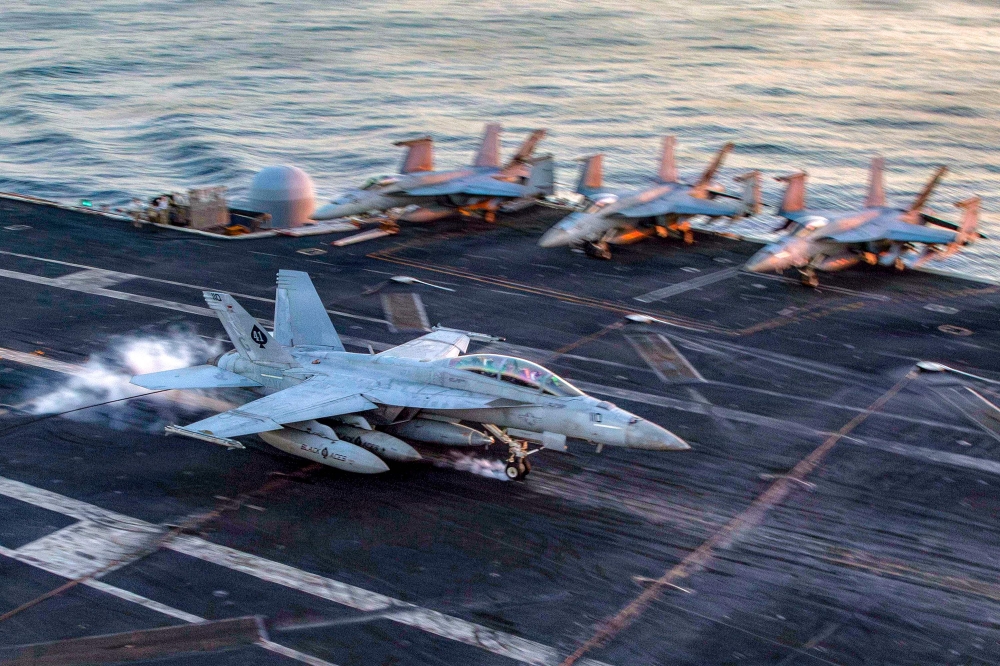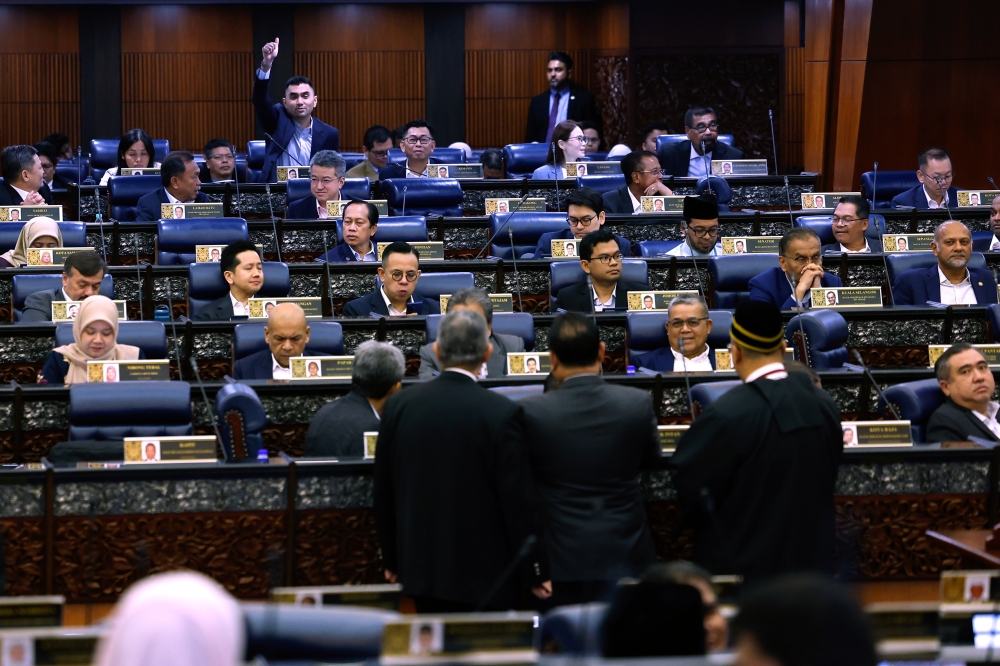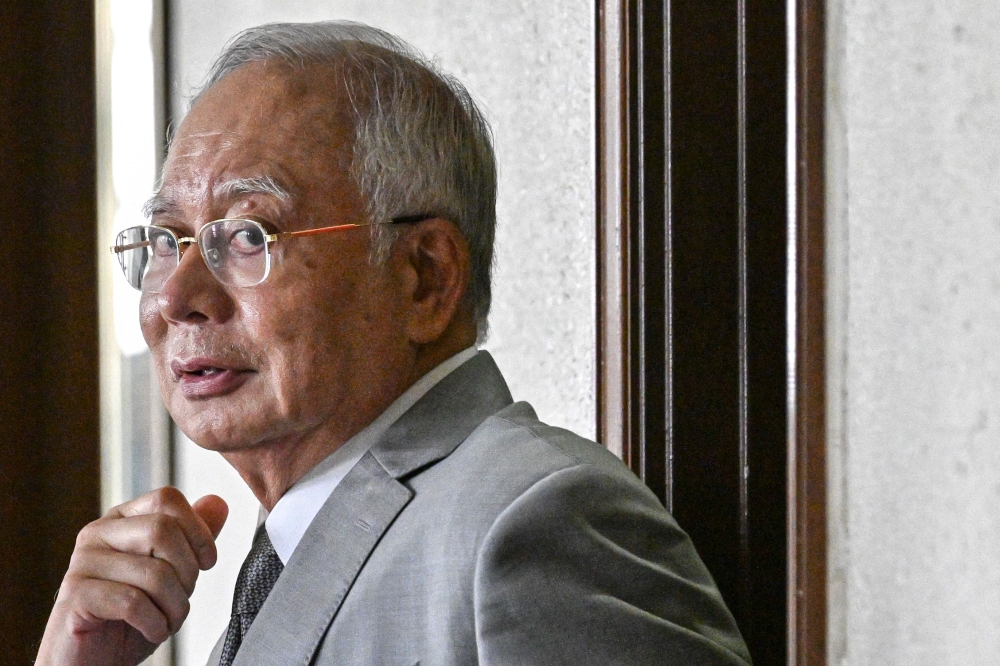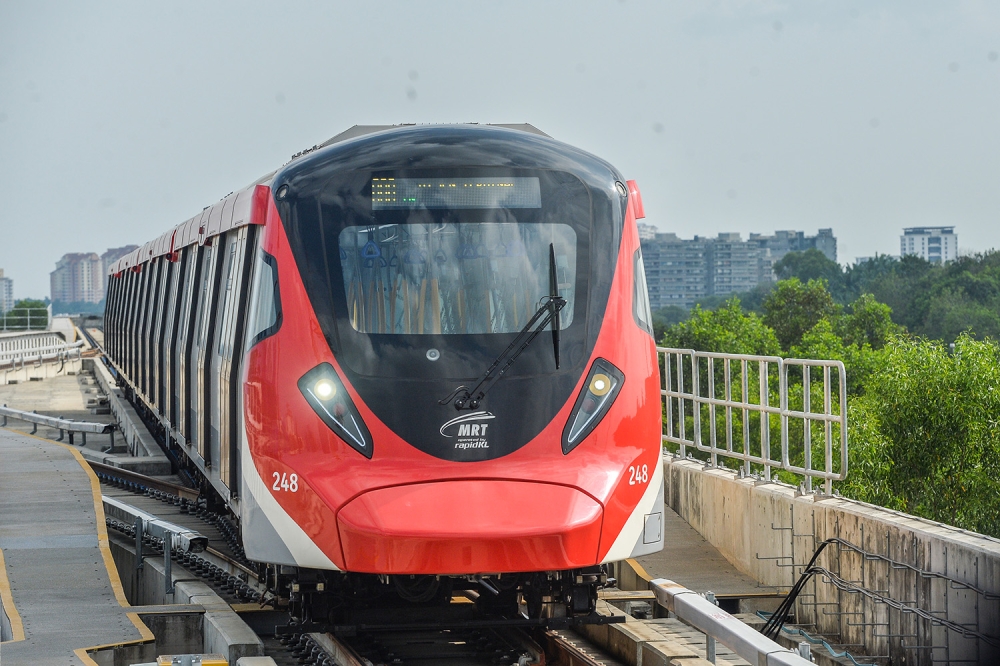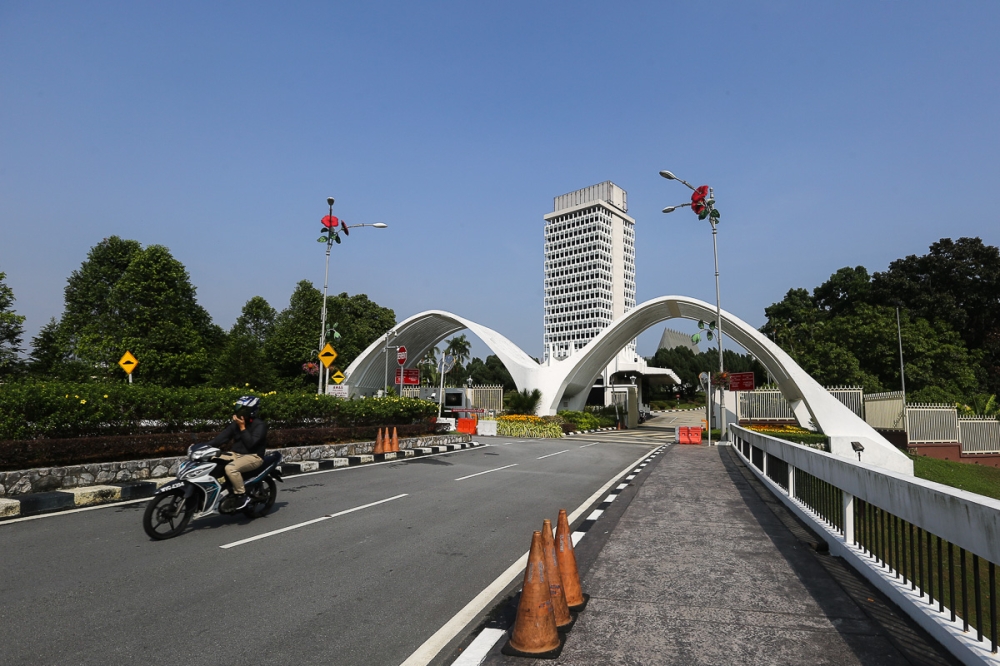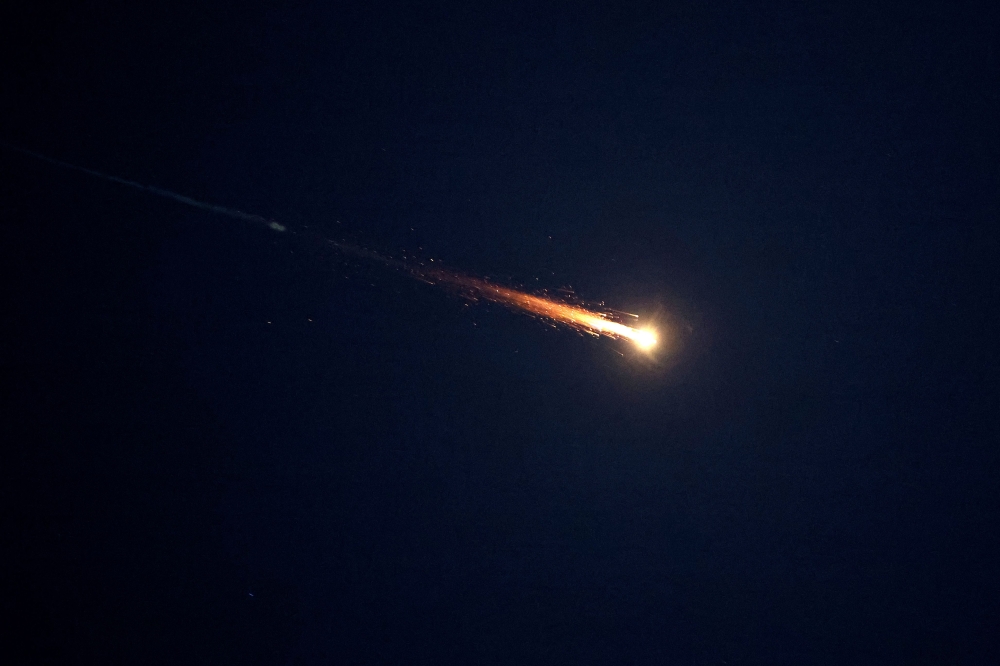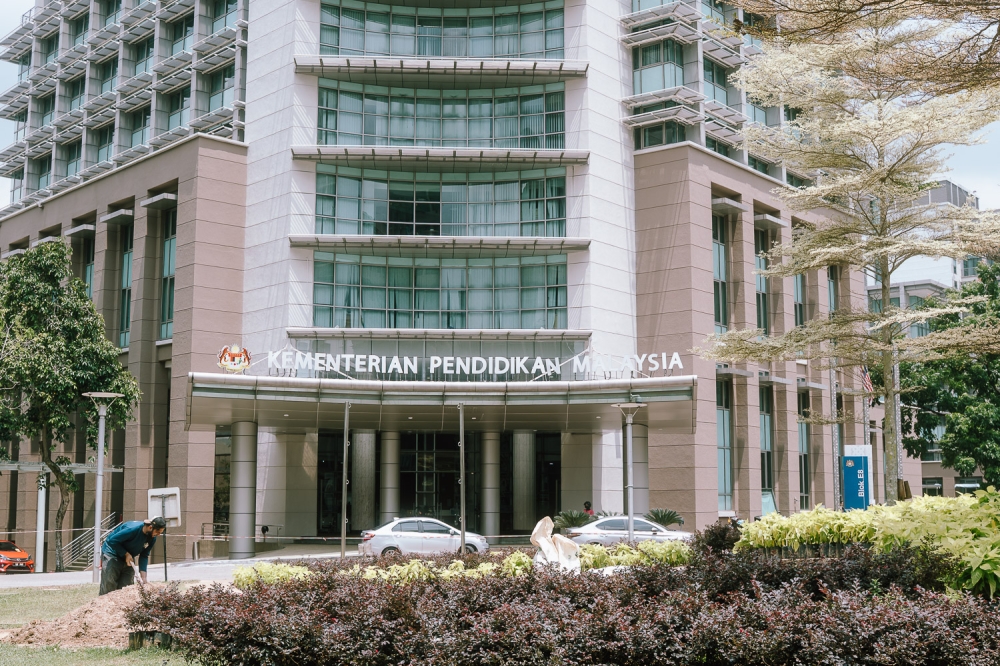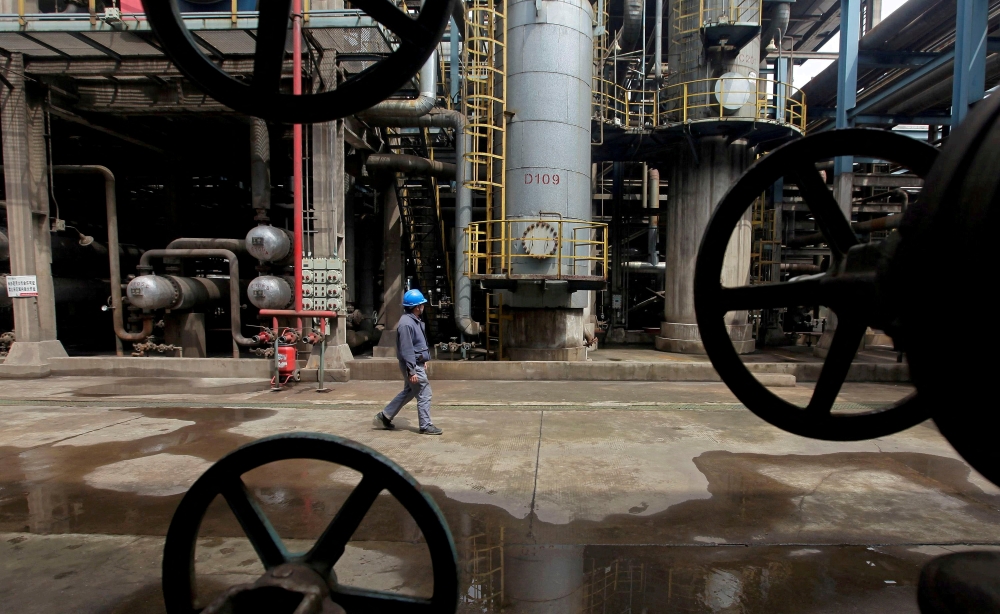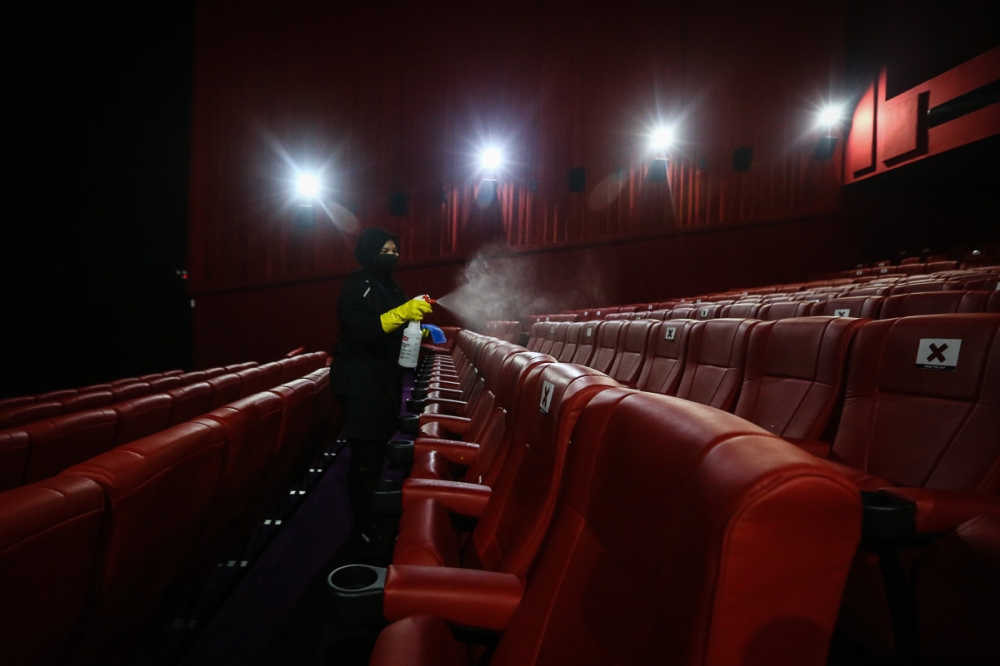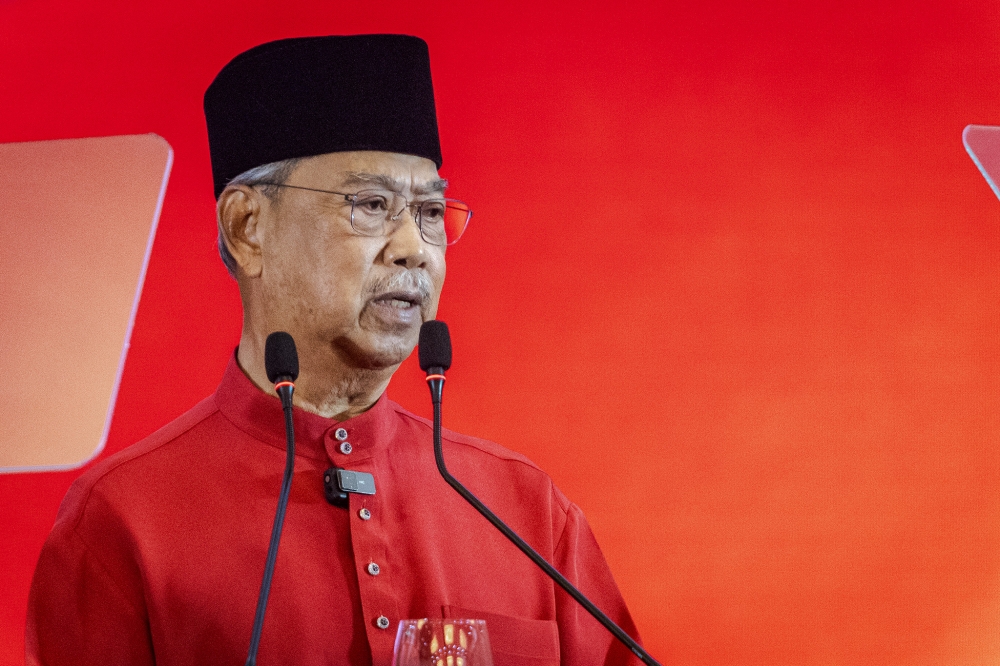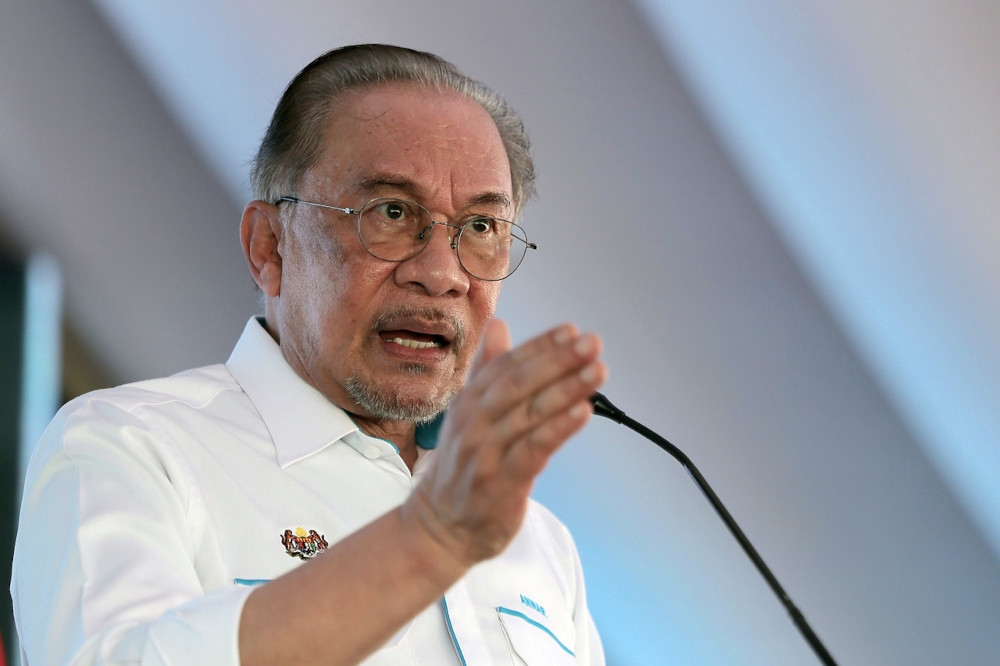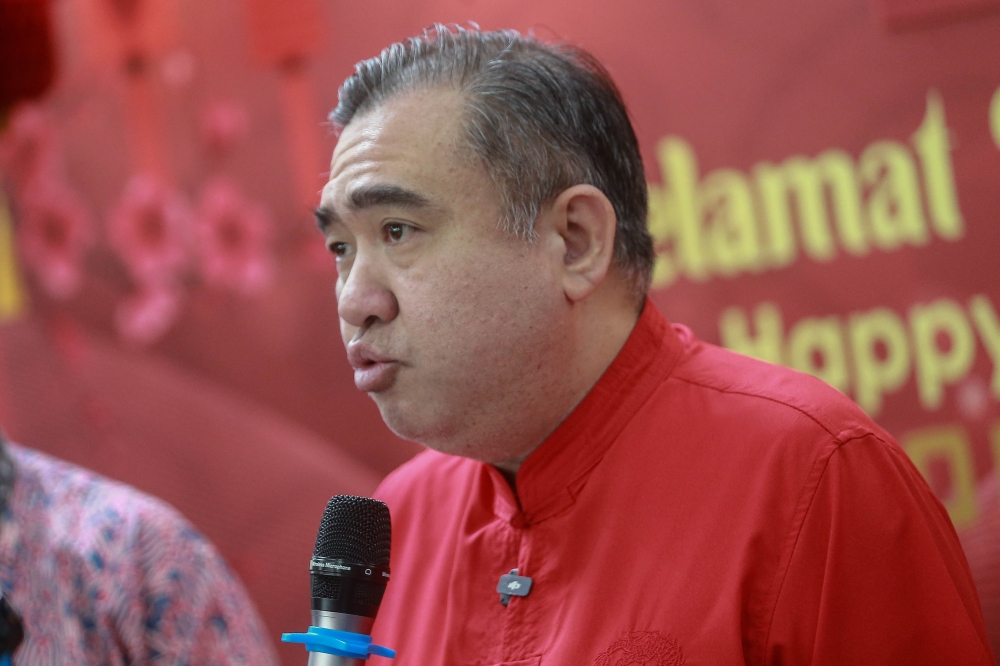JUNE 27 ― Recent news of an AirAsia pilot who purportedly asked passengers to pray in the face of an emergency, before safely landing the plane has raised a number of troubling issues.
Zaid Ibrahim, the ex BN minister, said that the pilot’s call was unbecoming as their job is to provide hope, rather than telling passengers that death is imminent.
If true, while the pilots and crew should be commended for not forgetting their training in a highly stressful situation and landing the aircraft safely, the call to all passengers to pray has led to controversy in what should have been a straightforward response of relief and gratitude.
While some commentators have applauded the pilot’s public declaration of faith as a support in a time of crisis, others are appalled at what seems to be a mid-air declaration of the utter hopelessness of the situation to an untrained and panicky audience, which could have precipitated a worse crisis.
Clearly only if the aircraft was in an irredeemable and unrecoverable situation, and the pilots themselves had given up any hopes of being able to save the aircraft from a crash would a public appeal for prayer be justified.
Otherwise, as long as they had any hope of saving the day, the logical response clearly should have been to reassure passengers and crew that they would bring the situation under control.
In every commercial flight, there is an unspoken agreement between the passengers and the airline that in exchange for their money, the airline will endeavour to deliver them to their destination safe and sound.
The religious faith of either passengers or crew is deemed as irrelevant as a belief in the scientific principles underpinning aviation is deemed relevant.
The assumption is that all the professionals involved in commercial aviation are governed by a standardised set of mandated skills that attempt to ensure predictability in aviation traffic and minimise accidents.
Simply put, planes fly because those flying us know what they are doing, while those of us in the back don’t. What that means is that in most situations there is a large asymmetry in the aviation knowledge of the air crew and that of the passengers.
They have knowledge, we have belief. That is why as long as their skills are in play, they cannot ask us to pray, because that means they have admitted that their knowledge is rendered useless and we are all in the same boat!
In this situation, none of us including the pilot has any skills or knowledge that can save us, except for a miracle.
However, that does not mean that both passengers and crew are forbidden from praying for the safe conclusion of the journey. There are, and always will be accidents and tragedies that are beyond the control of science and training.
Hijackers, freak weather, mechanical malfunctions in inspected machines and parts will still happen. Which is why they are still referred to as Acts of God.
Whether to prevent these events from occurring or when in the middle of one of them, those are times when the only hope left is that of an intangible higher power, and it is perfectly acceptable for those who believe to invoke the aid of that higher power, including those in charge.
In essence, while it’s entirely normal for passengers faced with palpable evidence of a malfunction to scream, panic or pray, when the pilot does the same, it’s reasonable to assume that all rational hope of survival is lost.
That is why the pilot’s call, if true, is problematic given the plane’s safe return to Perth, not the association with faith or religion.
In Malaysia though, the mere mention of prayers in a negative light is enough to spark a firestorm of criticism from the devout. Given the recent conflation of religion and politics, expect the story to take on a different dimension once more details on the identities of the personalities involved are revealed.
* This is the personal opinion of the columnist.

